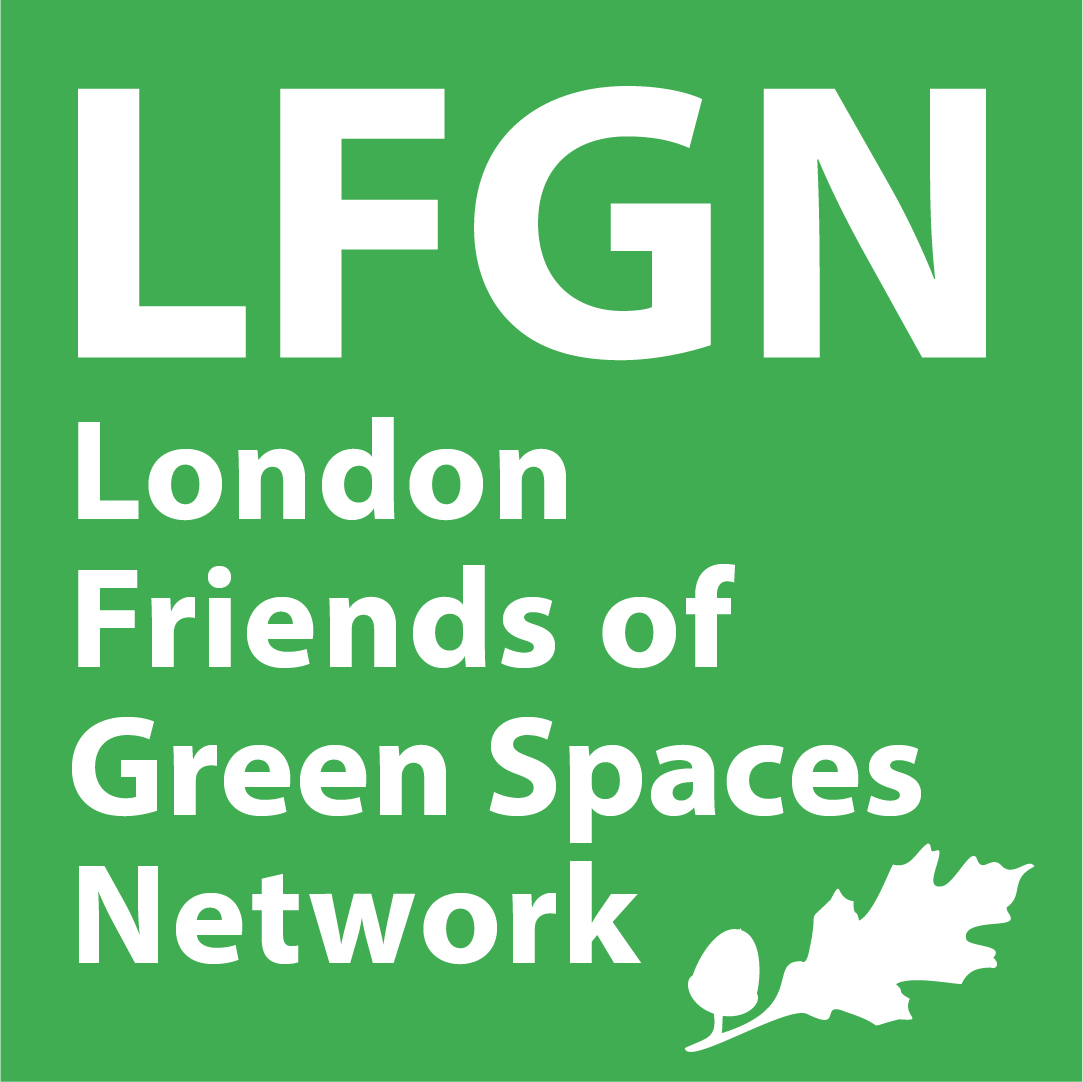Feb 2013
DEFENDING LONDON’S GREEN SPACES FROM UNWANTED DEVELOPMENT
1. How to build and maintain a coalition of local residents,
support organisations, local institutions, etc, to either get good
things done or stop bad ones? How to engage park users and surrounding
communities?
2. What are the best ways to engage with the tiers of government (local authority execs and councillors, the GLA and London Mayor, your MP, civil service departments, ministers, etc.)?
3. What are the best tools of leverage and publicity to use in pressing home a successful campaign?
4. What would be a recommended list of key support resources (written, online, etc) and organisations (Planning Aid, OSS and so on) to help with a campaign of this nature?
5. How to go about getting endorsements and tangible support from Third Sector organisations and respected figures from the likes of academia, institutions (RTPI, Transport Planning Society, etc) and professional experts (planners, civil engineers and so on)?
6. How to formulate a clear and (hopefully) positive single message, keeping all of your stakeholders happy and unified, that you can then make the foundation stone of your campaign?
7. What policies and laws can often be used to our advantage?
Defending London’s Green Spaces from development
Many of London’s green spaces are coming under threat of inappropriate development, sell offs and privatisation. Councils and their parks departments are struggling to cope with swingeing cuts, property developers are aggressively seeking new land to profit from, and planning policies are often either inadequate or not properly enforced. There is an increasing need to mount campaigns to defend green spaces. For this reason we invited speaker Kate Ashbrook (Open Spaces Society) to give us the benefit of her organisation’s long experience on these issues and to lead a discussion about ways to win campaigns. Kate’s introduction was an excellent overview of the situation. Many delegates present contributed their own ideas and experiences of local campaigns, especially of the kind of tactics that have been successful. There were very many ideas and tips coming out of the discussion including:
Policies: What planning policies and laws can be used to our advantage?
– Get to know your local and London-wide planning policies. Lobby for better policies and protective designations for your local green spaces.
– Registering an undesignated green space as a ‘town green’ if it has been used for 20 years or more can protect such a space from development. But act now as the Government’s recent ‘Growth and Infrastructure Bill’ (discussed in the House of Lords in February 2013) aims to weaken existing protection, proposing that once land is identified for development it will be too late to register it. Also, currently, if an open space defined as used for recreation has been earmarked for essential development and suitable replacement land is not found, Parliament can over-ride the decision. The current Bill would end that. However there is a new ‘Local Green Space’ designation, and Fields in Trust have a helpful web site on how you can register with them (with the landowner’s consent) to protect with ‘QE2’ status any green space which encompasses sports.
Campaign Tactics:
– Lobby members and officers of your Local Authority with a focused set of arguments. Plan your approach carefully, have a timetable, know Councillors names and when and where decisions will be made.
– Use the best tools of leverage and publicity to use in pressing your points home. Formulate a clear and (hopefully) positive single message. Get facts and figures and publicity, use a catchy title for your fight. Raise the essential public benefits of local green space including services to health, fitness and well being of your local populations, biodiversity and environmental services, flood control etc. Show how the proposal goes against official Council policies on biodiversity, flood control, sports, children’s play etc.
– Build and maintain a coalition of local residents, support organisations, local institutions, and engage park users and surrounding communities.
– Top tips for publicity: Councillors like and/or fear publicity; petitions useful; photos of the space with children, dogs, birds etc; press gimmicks; important to have good speakers / quotes for press and radio. Have 3 key points and keep repeating them! Live interviews are best.
– Get endorsements and tangible support for your case from Third Sector organisations and respected figures from the likes of academia, institutions (RTPI, Transport Planning Society, etc) and professional experts (planners, civil engineers and so on)
– Get help from other local, London-wide and national organisations e.g. contacting the Open Spaces Society or Planning Aid for London, and of course coming along to a LFGN network meeting.
– Don’t wait till a local green space is under threat. Act now to ensure there’s a local Friends Group, community involvement and support for protecting and improving it, and a Park Management Plan.

